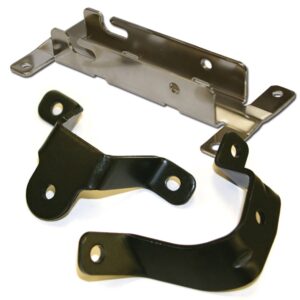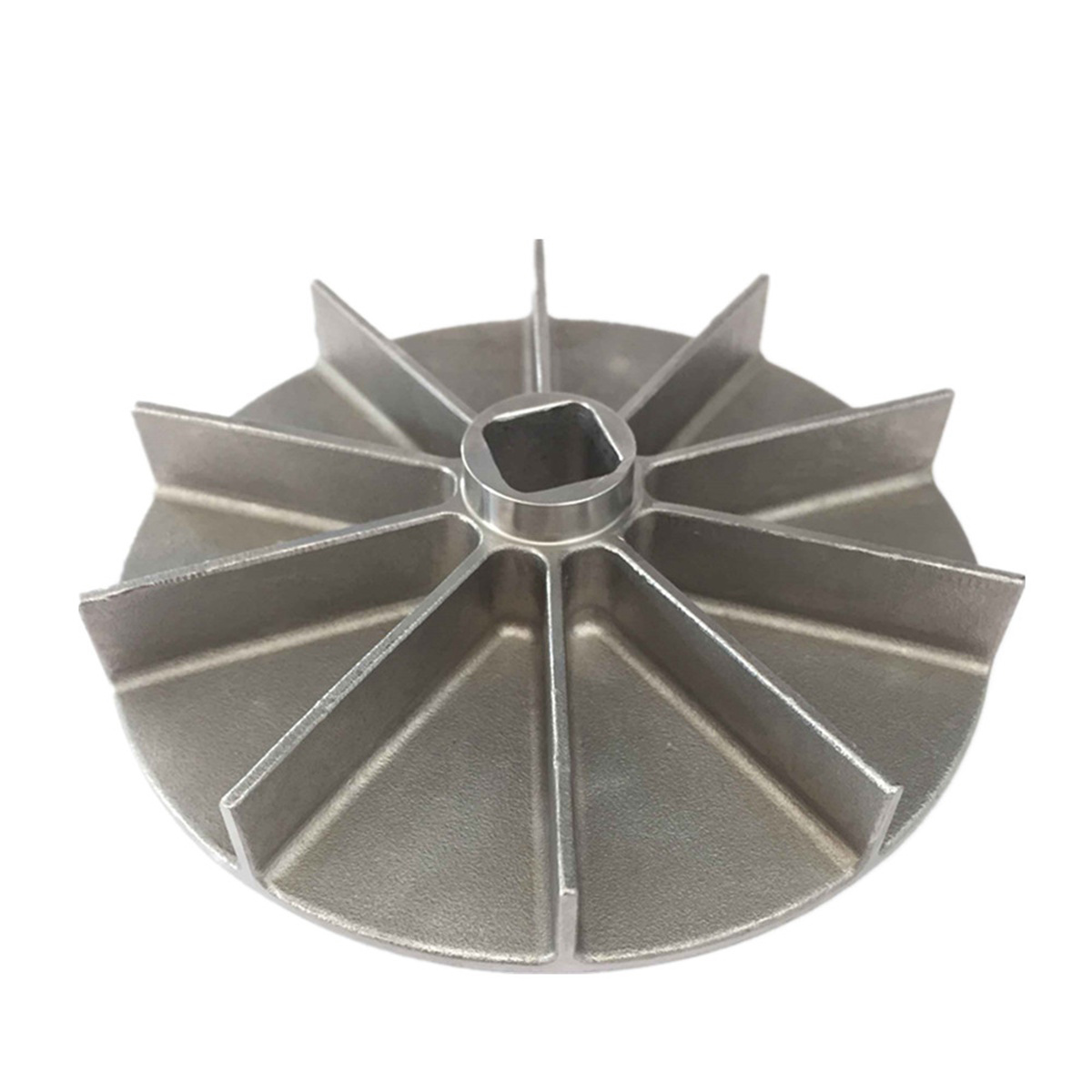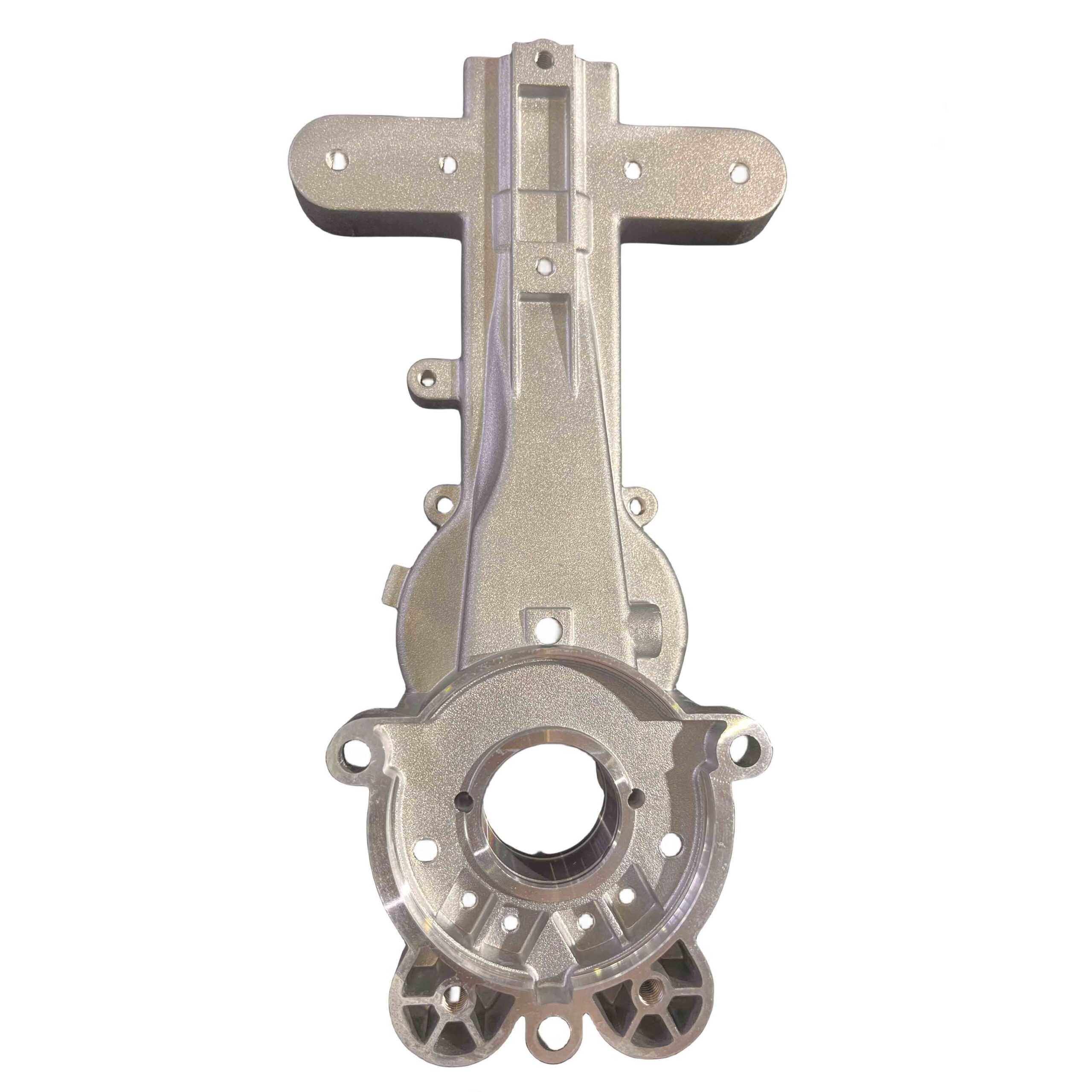304 stainless steel is the most common form of stainless steel used around the world, due to its excellent corrosion resistance and value. It contains between 16 and 24 percent chromium and up to 35 percent nickel—as well as small amounts of carbon and manganese.
The most common form of 304 stainless steel is 18-8 (18/8) stainless steel, which contains 18 percent chromium and 8 percent nickel.
304 stainless steel is the most common form of stainless steel used around the world due to excellent corrosion resistance and value.
304 can withstand corrosion from most oxidizing acids. That durability makes 304 easy to sanitize, and therefore ideal for kitchen and food applications. It is also common in buildings, décor, and site furnishings.
304 stainless steel does have one weakness—it is susceptible to corrosion from chloride solutions, or from saline environments like those near an ocean. Chloride ions can create localized areas of corrosion, called “pitting,” which can spread beneath protective chromium barriers to compromise internal structures. Solutions with as little as 25 ppm of sodium chloride can begin to have a corrosive effect.






